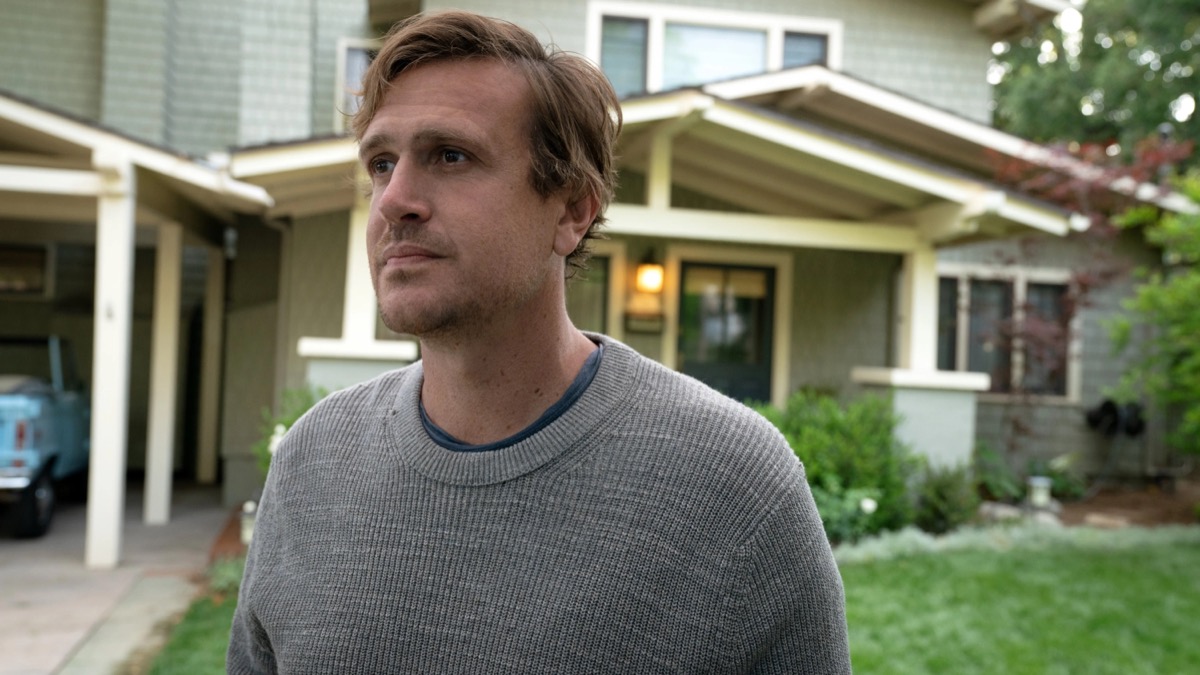‘Shrinking’s Portrayal of Therapy Is All Over the Place in the Best Way

The synopsis for Apple TV+’s Shrinking initially had me side-eyeing the show. A therapist finally telling his clients how he really feels? Hm, I don’t know about that. There’s already quite a bit of stigma against therapy and those who seek therapy, with many decriers claiming that therapy-goers just need a dose of “cold, hard truths”—which, as we all know, is a little ridiculous, considering that the people who say such things are probably in need of therapy more than most.
But when I actually sat down to watch the show, after its debut last week, I was pleasantly surprised! Jason Segel’s Jimmy Laird never stops caring about his clients—he was just going about his practice in a way that wasn’t genuine to his own values, and now he’s seeking a revamp. And sure, a lot of it is messy, and not exactly ethical, but thankfully, those antics can just be chalked up to the nature of a sitcom.
I’ve had three major therapists throughout my life, with my current one being my longest-running, and each one has had different approaches to their practice that worked for various reasons. Therapist #1 was more holistic and “woo-woo,” which was certainly fun but not exactly conducive to long-term growth. Therapist #2 was much like Segel in that she was willing to come with me to places to work through various traumas, although, again, it wasn’t helpful in the long term. Therapist #3 is like Segel in the first scene of the series: not at ALL afraid to call you on your BS, but in a way that’s helpful and not needlessly mean. And that, my friends, is the stuff that works for me.
What makes it all work, I think, is the fact that Segel is dedicated to his profession and enjoys seeing his clients grow. He wants to see them grow. Often, portrayals of therapy depict a bored professional who just gives out very basic consolations, then coldly asks for the bill by the end of it, and while Segel certainly finds himself checked out during some sessions, ultimately, it’s clear that he cares so much. He doesn’t let the spectacled curmudgeon before him get away with his perceived hatred of other people. He calls him out on it, challenges his way of thinking, and then makes him confront his convictions directly by taking him to the cafe he claims to hate. Superb!
My only side-eye is with how he regards a person with OCD, because yes, while it’s easy to tell a person with OCD that the world is gonna end and there’s nothing we can do about it, it doesn’t always help them and might only exacerbate their symptoms. And, of course, there are the ethics of making a young Black man heal from his trauma by bringing him to a boxing club (but thankfully, these get addressed within the show).
Obviously, a sitcom about therapy isn’t going to get everything 100% right, but thus far, I’m really enjoying what Shrinking is giving us. In particular, Segel is really giving this role his all, and given his approach to the other characters, I’d be curious to see a session given by Harrison Ford’s character, Jimmy’s boss.
(featured image: Apple TV+)
Have a tip we should know? tips@themarysue.com